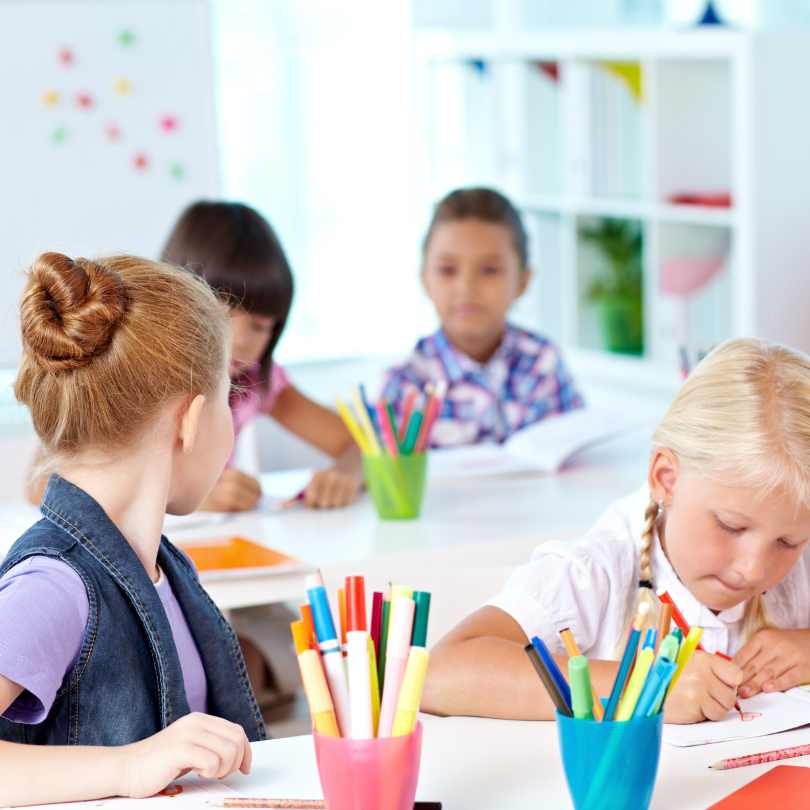Poor academic achievement
One of the most important problems that students face in their academic lives is the problem of academic delay, as students, parents, and teachers suffer from this problem resulting from various psychological, educational, and social factors. Therefore, psychologists, educators, teachers, and parents paid great attention to this problem, and in particular, poor academic achievement is due to reasons Mental, physical, social, or emotional, which leads to a lower level of achievement than the normal rate for the student.
Methods of treating underachievement
To treat poor academic achievement, there are many methods that help raise the level of academic achievement, namely:
- The psychological counselor gets acquainted with the problem, and its cause, and finds the relationship between it and what he studied in the science of counseling and psychology so that he is able to support and motivate the student, instill confidence in himself, and create an atmosphere of intimacy between them, then enlighten the student about his problem, and encourage him to modify his academic and practical behavior to raise the academic level, and achieving excellence in the academic field.
- Reviewing the curricula and teaching methods that teach students who are lagging behind, and when it is proven that they are ineffective and inefficient, new and innovative programs must be prepared to take into account the characteristics of students who suffer from poor academic achievement so that they are able to accommodate their abilities and needs. It is also important to take into account the levels and individual differences between students.
- Developing the abilities, interests, and tendencies of the student who is late in school, by engaging him in various educational activities and means.
- Taking into account the motives generated by students who are lagging behind in their studies, achieving them through experiences and skills that help their success, and avoiding them feeling frustrated and failing.
- Motivating students who suffer from poor academic achievement and satisfying their needs and experiences, to avoid their failure and frustration. The teacher constantly reviews the material with the students, provides information to them, and links it to reality.
- The use of modern and advanced teaching aids; Such as visual and audio devices, because they help students understand, visualize and perceive, and address their different senses.
- The need for continuous communication between parents and teachers to follow up and evaluate the situation and the academic achievement of students.
- Parents constantly review their children’s lessons, pay attention to their monthly, quarterly, and annual calendar to correct their mistakes, and increase the chance of raising their achievement levels.
Types of underachievement
There are types of poor academic achievement, including:
General academic delay: This type is related to the level of intelligence of the student, as the percentage of intelligence ranges between 70-85% of those with poor academic achievement.
Special academic delay: which is a poor academic achievement in a particular subject. Such as mathematics, English, or Arabic, and this type is associated with a group of difficult situations and circumstances that the student goes through; Such as the death of a family member, or seeing some manifestations of violence; such as killing, displacement, and invasions.
Thanks
by
Sonia

